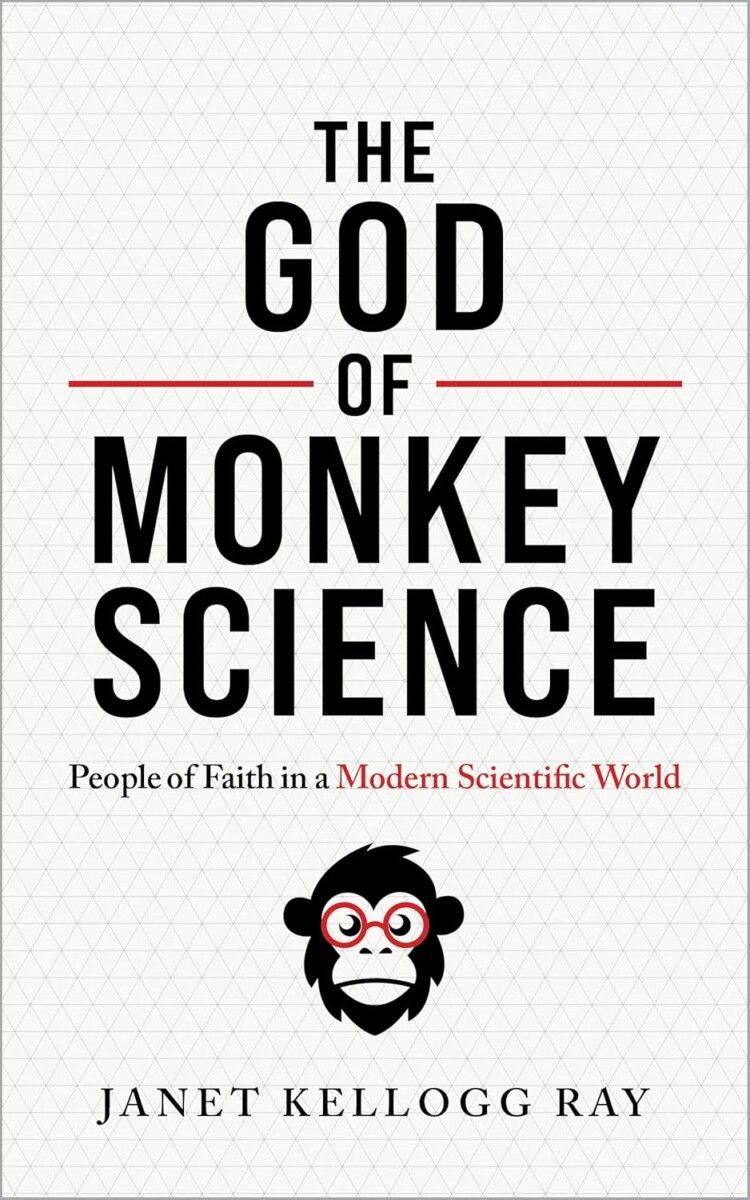The God of Monkey Science: A Call to Reconsider Science Denial in Christianity

In his latest book, Janet Kellogg Ray examines the long history of science denial in the American Evangelical church, from the Scopes Monkey Trial of 1925 to its ongoing impact on today's climate science, evolution acceptance, vaccine hesitancy, and mask-wearing norms. As an evangelical Christian educator with decades of experience teaching biology at the university level, Ray provides a unique insider's perspective on the cultural shifts that led to this phenomenon.
Ray argues that the history of science denial in evangelical Christianity is complex and multifaceted, tracing its roots to the Scopes Monkey Trial, where William Jennings Bryan used anti-intellectual tactics to attack evolution. This approach has been revisited by many evangelicals today, who fear that acceptance of evolution would undermine their faith.
The book takes a nuanced look at how pseudoscience has influenced evangelical views on science, citing high-profile examples such as Intelligent Design and Young Earth Creationism. Ray also delves into the COVID-19 pandemic, analyzing how some evangelicals rejected scientific recommendations on masks, vaccines, and social distancing, instead embracing a faith-based narrative that prioritized personal freedoms over public health.
In addition to exploring the history of science denial in evangelical Christianity, Ray examines its ongoing impact in modern society. She highlights instances where disinformation and false claims have spread rapidly among evangelicals, often perpetuated by unqualified voices or influential leaders who distort scientific evidence to suit their agendas.
However, the book is not simply an exposé on science denial; it also offers a message of hope for Christians seeking a more authentic understanding of faith in a world marked by rapid scientific progression. Ray encourages readers to adopt the "mind of Christ," which involves embracing scientific inquiry and considering its implications for our faith.
The publisher, Eerdmans, has already released an inspiring book that invites its readers from the heart of America's most influential Christian tradition as well as those not tied to Evangelical but instead partake in mainstream discussions. At 248 pages, this book may be daunting reading due to its vast historical scope yet it is written with ease and clarity for general audience.
